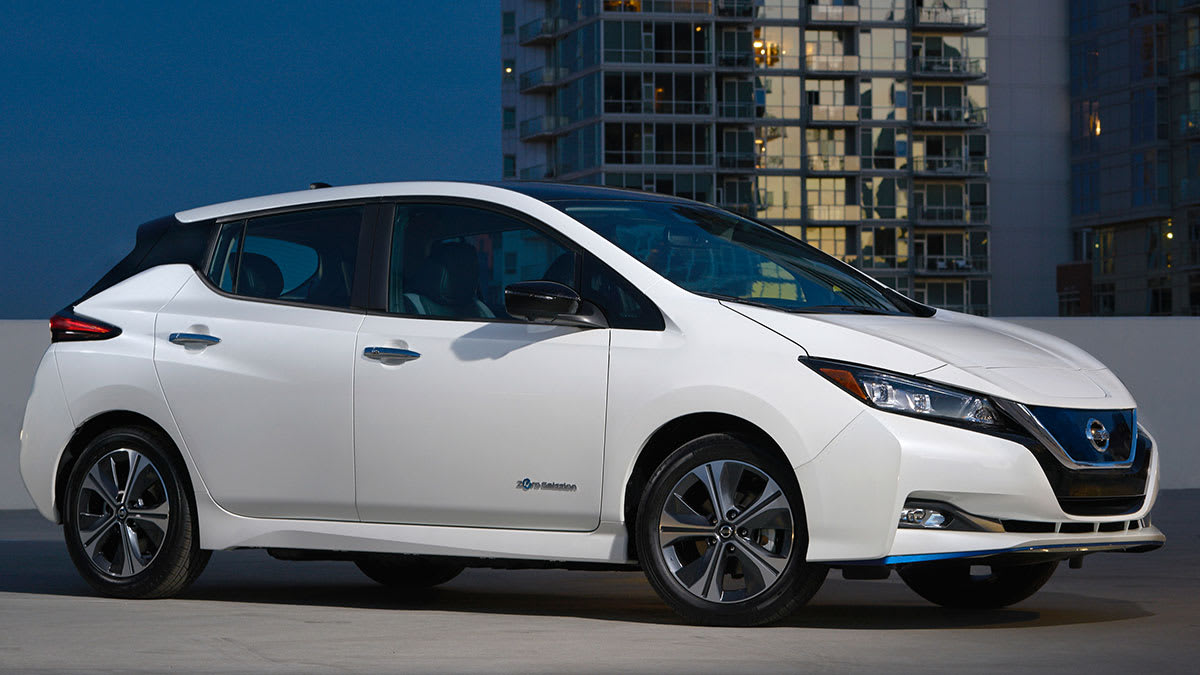So your car has been recalled and there’s no fix yet. Now what?
It depends on the severity of the recall. Some are for minor compliance issues, such as a missing warning label or misaligned headlight, while others are quite serious, related to potential engine stalling, brake failures, or fire risks. If there isn’t an immediate fix and the automaker doesn’t say the car shouldn’t be used, continue driving but be attentive to the potential issue. Recall notices often cite potential symptoms that a driver might experience, such as warning lights, that would precede a true failure.
Ultimately, the best guidance is to get the car fixed as soon as possible.
But many recent recalls have required owners to make major adjustments, such as leaving cars parked outside and away from structures, or not charging EV batteries to their full capacity. In this case, Shahan says it’s worth complaining to dealerships and manufacturers.
• First, contact your local dealership, especially if a recall notice says a car is unsafe to drive or it recommends that you limit how you use it. In such a situation, Brooks says you should at least ask your dealer for a loaner car to drive in the meantime, even if the recall notice doesn’t mention alternate transportation. Automakers can approve payment to the dealership for loaners for these customers, Brooks says. For example, Chevrolet offered free loaners to some Bolt owners during the recall.
• If that doesn’t work, contact the manufacturer directly. There’s usually a contact number and website list in the back of your owner’s manual or on the recall notice itself. The manufacturer may also be able to tell you when parts are arriving and how long the repair might take. A spokesperson for Stellantis, the parent company of Chrysler, told CR that accommodations for Pacifica Hybrid owners were made on a case-by-case basis.
• If a recall that’s related to a serious safety issue or is causing a major inconvenience has gone unfixed for many months, Brooks says it might be time to ask the dealership to repurchase the vehicle. “It depends on the dealership; it depends on a lot of factors,” he says. But it’s important to start the conversation. “If you don’t ask, you’re never going to get a chance for that to happen.” He says that owners of unfixable recalled vehicles should also complain to NHTSA—here’s how—because it may put pressure on the automaker to act.
• If you aren’t having any luck with the dealership or the automaker, it may be time to contact an attorney. The National Association of Consumer Advocates (consumeradvocates.org) has a “find a lawyer” page. Many attorneys don’t charge up front for taking on a case involving a product defect, but be aware that you may end up with expenses at the end of a lawsuit.
“Sometimes you have to be the squeaky wheel,” Shahan says. “They’re perfectly willing to string you along and tell you you need to be patient, but you’re not getting what you paid for. You paid for a safe, functioning car. Especially if you bought it brand new and you have the factory warranty, they’re not living up to their warranty.”
Source link
